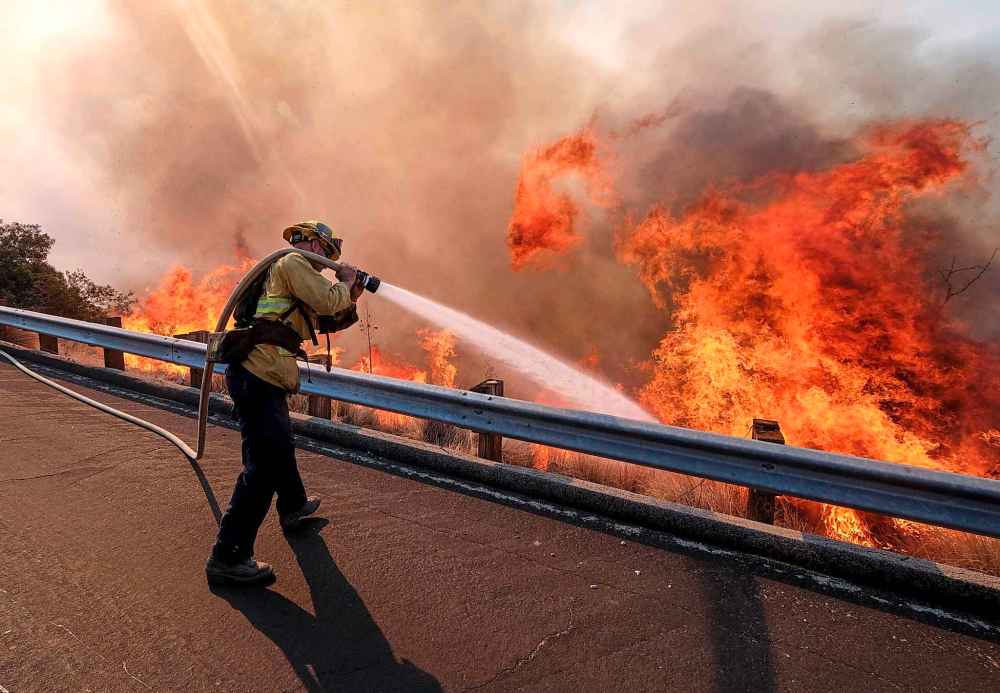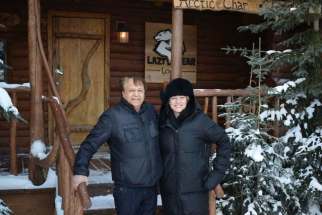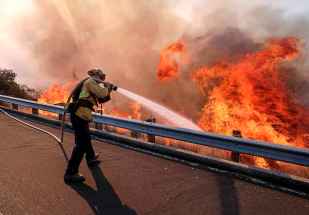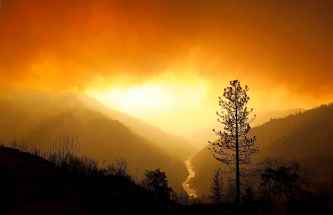California wildfires should warn Manitoba
Read this article for free:
or
Already have an account? Log in here »
To continue reading, please subscribe:
Monthly Digital Subscription
$0 for the first 4 weeks*
- Enjoy unlimited reading on winnipegfreepress.com
- Read the E-Edition, our digital replica newspaper
- Access News Break, our award-winning app
- Play interactive puzzles
*No charge for 4 weeks then price increases to the regular rate of $19.00 plus GST every four weeks. Offer available to new and qualified returning subscribers only. Cancel any time.
Monthly Digital Subscription
$4.75/week*
- Enjoy unlimited reading on winnipegfreepress.com
- Read the E-Edition, our digital replica newspaper
- Access News Break, our award-winning app
- Play interactive puzzles
*Billed as $19 plus GST every four weeks. Cancel any time.
To continue reading, please subscribe:
Add Free Press access to your Brandon Sun subscription for only an additional
$1 for the first 4 weeks*
*Your next subscription payment will increase by $1.00 and you will be charged $16.99 plus GST for four weeks. After four weeks, your payment will increase to $23.99 plus GST every four weeks.
Read unlimited articles for free today:
or
Already have an account? Log in here »
Hey there, time traveller!
This article was published 13/11/2018 (2587 days ago), so information in it may no longer be current.
Paradise seemed like a good name for the pleasant, forested California town perched on the Sierra Nevada foothills north of Sacramento. The trees were abundant, the climate was delightful and the elevation put it above the coastal fog. But a wildfire known as the Camp Fire, named for its place of origin, obliterated Paradise last week. It was a town of 26,000. Now it is a smouldering ruin.
Residents of Paradise had to evacuate twice in 2008 when wildfires came close. This year, however, the drought has been longer, the winds stronger and the fire far more destructive. Fires north of Sacramento and near Los Angeles have claimed the lives of at least 42 people and destroyed thousands of structures. More than 300,000 people fled to shelters because their homes were in danger.
Manitobans know about fire. Sections of our boreal forest burn every year, sending refugees to shelter in Brandon or Winnipeg. City dwellers notice the fires when their skies — and sometimes their lungs — fill with smoke. This year’s huge fires in California, however, suggest that something has dramatically changed. Humans may have to adapt in California and perhaps also in Manitoba.

U.S. President Donald Trump lectured Californians on Twitter that they should have cut down their trees before the fires started. After that advice was found to be reckless and insulting, he added a message of encouragement to the firefighters. Some thought the fires should not be brought into political debate. Others thought they were a result of global warming.
The economic impact of these fires is likely to be felt for many years. Fire authorities and town planners will have to consider whether houses can be protected from fire in places like Paradise. Fire insurance underwriters will have to evaluate the risk of destruction for houses built in the forested ex-urban areas of California.
On the evidence, it seems the risk is greater than it used to be. The 2008 fires did not destroy Paradise and the 2018 fire did. The drought was longer this time, and the carbon dioxide concentration in the Earth’s atmosphere has steadily increased so that it now exceeds 400 parts per million for the first time since humans have been breathing it, and the planet is warmer as a result.
British Columbia also had a terrible fire season this year. The fire season of 2017 seemed bad enough when the province lost 12,161 square kilometres of forest to the wildfires. This year, by the end of August, the province had already lost 12,984 square kilometres. Some say that’s because aggressive firefighting lets the fuel supply accumulate. Or it may be that more heat and less rainfall have increased the fire risk.
Either way, Manitoba should not expect to be immune to the forces at work in B.C. and California. Manitoba has never witnessed anything remotely close to the level of death and destruction visited upon California this year — but then, California has never seen it this bad, either.
We’ve always assumed it’s OK to let the grass and weeds grow tall beside the railway tracks, even though we know fires often seem to start there after a train goes by. Maybe it’s time to have another look at our comfortable assumptions.
Californians who have lost their homes or their towns deserve our sympathy and support. We may also eventually thank them for the warning their bitter experience offers.








